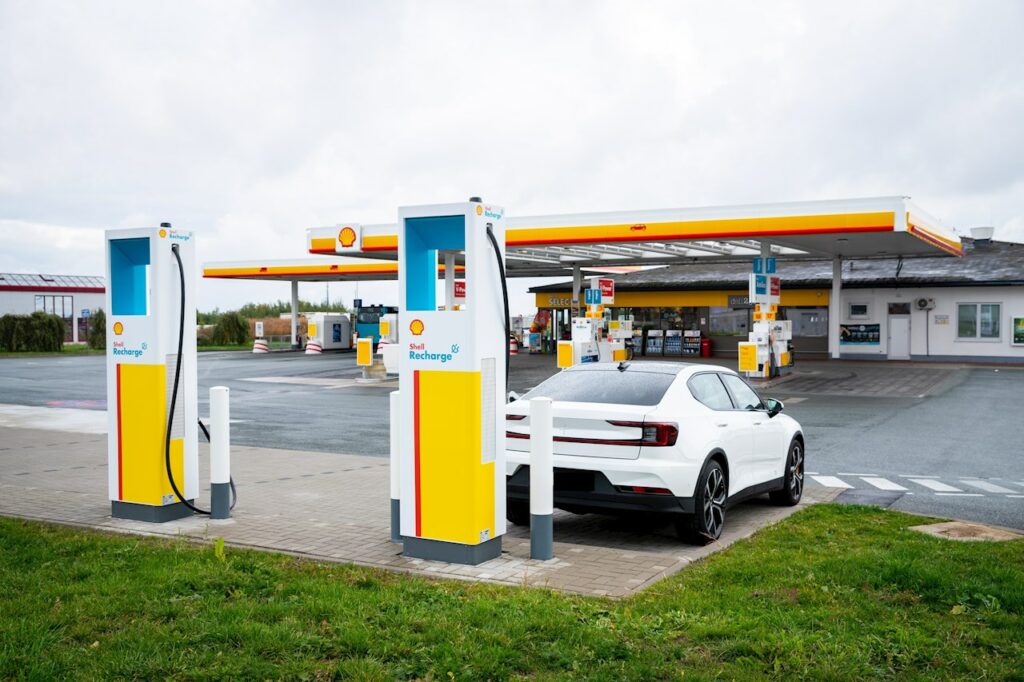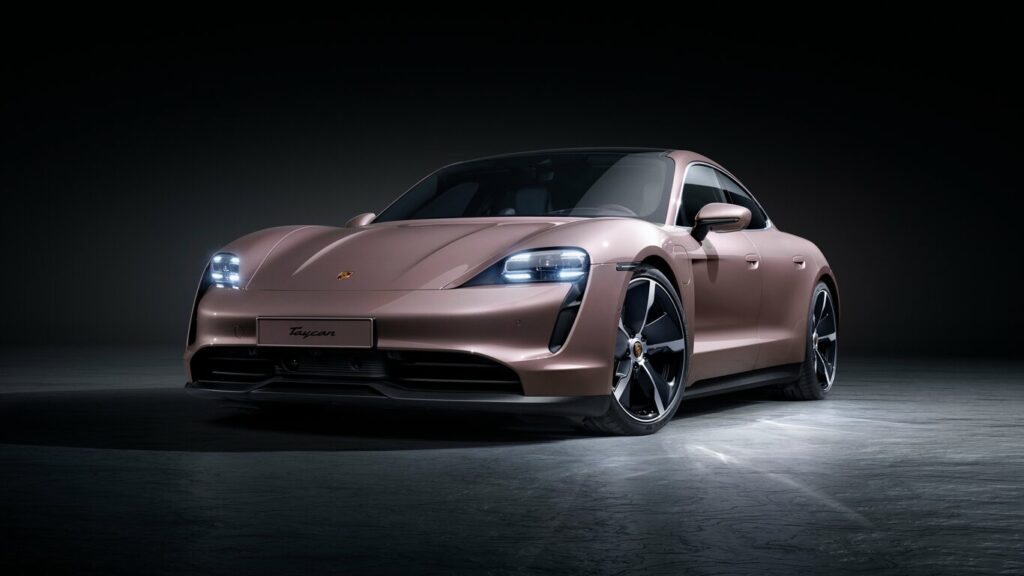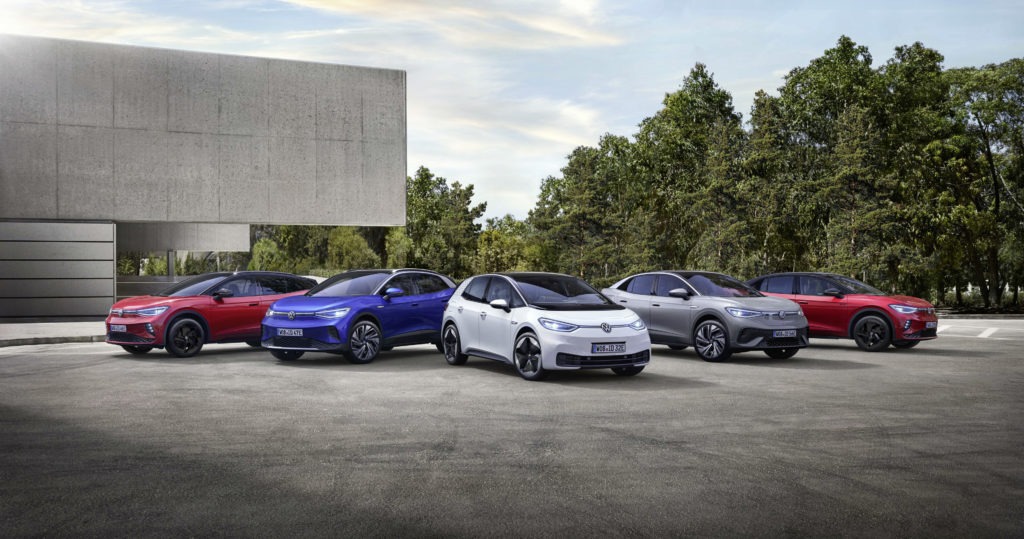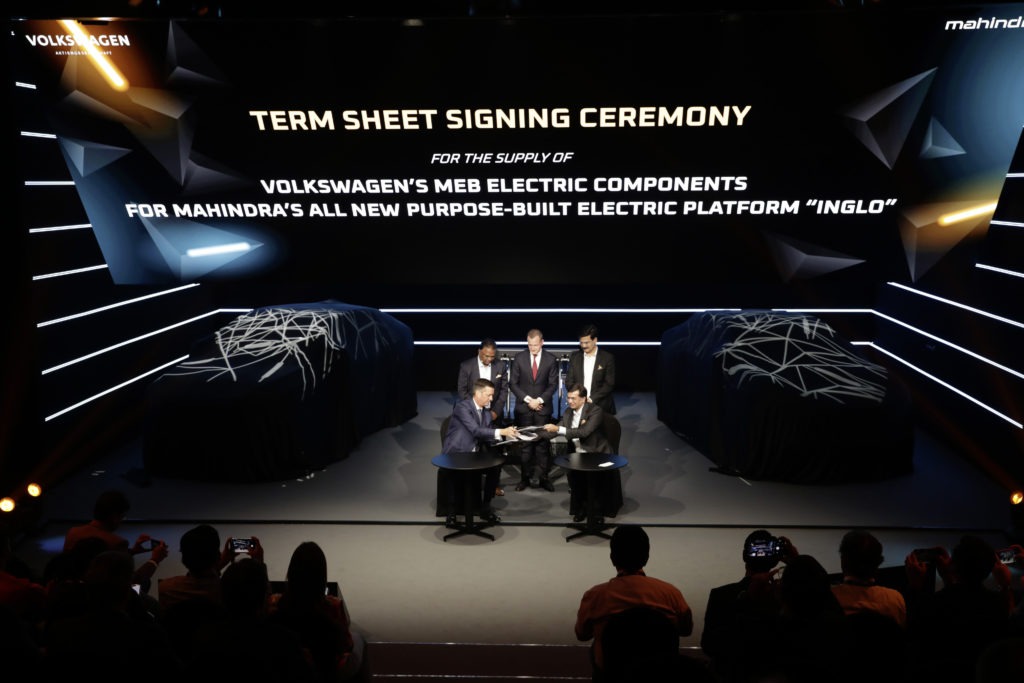Why big oil companies are investing in electromobility
08 September 2022

Car manufacturers are not the only companies investing in electromobility, oil giants also want a piece of the cake, writes Autovista24 journalist Rebeka Shaid.
From electric-vehicle (EV) subscriptions to charging, big oil companies across Europe are investing in electromobility, with a particular focus on providing cleaner forms of energy to the grid. But that is not where it ends. Industry majors like BP and Shell are taking charge of EV infrastructure services and are even diving into battery research.
Governments are piling on the pressure for companies to lower emissions and become climate neutral. Investors are also demanding oil giants address climate change, with business models in the oil sector adapting to these developments. Instead of resisting change, many European oil companies are turning into active electromobility players, not least because it is a booming and profitable market.
Utilities and EV charging
Shell has ambitions to become the world’s largest EV-charging provider, aiming to run more than half a million plug-in points by the middle of the decade. The company is partnering with carmakers as it expands its network and spurs on EV adoption.
Last year, Shell announced a partnership with Mercedes-Benz to offer EV customers access to the Shell Recharge network that will operate 30,000 plug-in points in Europe, North America, and China by 2025 – including 10,000 high-powered units. Both companies want to develop plug-and-charge technology and provide chargers in work and home environments, all of which fits into Shell’s wider energy portfolio.
‘Shell has seen itself as an energy company for some time. By 2050 at the latest, we want to be an energy company with net-zero emissions. To this end, Shell is transforming its business and building a broad portfolio of CO2-free and low-carbon energies and energy products such as renewable electricity, hydrogen, and biofuels. The decarbonisation of private mobility and transportation play a very important role in this. Of course, this also includes EV-charging solutions,’ the company told Autovista24.
Shell is also cooperating with tech firm ABB to launch the ‘world’s fastest EV charger’. The oil giant is expanding its reach in this field, with the Shell Recharge app giving users access to around 275,000 EV plugs in 35 countries.
Mobility and EV batteries
But oil companies are doing more than expanding activities in the field of infrastructure and energy. Mobility is another area of interest.
‘Our ambition is to be a reliable mobility partner. That is why we are investing in charging infrastructure in all these areas: this includes the development of fast-charging infrastructure at our service stations, new mobility hubs, lantern charging points on the roads and supermarket parking lots, and charging solutions for single- and multi-family homes, as well as charging points at workplaces,’ Shell told Autovista24.
The company has branched out further into electromobility by offering car subscriptions that come with a charging flat rate for selected models. In Germany, the cars on offer include the Nissan Leaf and Fiat 500-e Icon. Shell is providing more expensive EVs too, such as Porsche’s Taycan, with subscribers having to fork out €1,790 a month to drive the premium model.

Meanwhile, Madrid-based oil major Repsol told Autovista24 that ‘renewable power and electric vehicles will play an important role in the decarbonisation of mobility in the coming decades, and we are investing in solutions that will help boost that change.’
The company operates a carsharing service known as Wible, which offers 500 plug-in hybrid vehicles (PHEVs) in the Spanish capital and surrounding areas. Rates are available by the minute, hour, and day. This includes tax, fuel, fully comprehensive insurance, and roadside assistance. Repsol has partnered with Kia to make the service available, which it describes as a commitment to ‘sustainable mobility’.
EV batteries are also of interest to oil companies, with Shell – again – not missing the opportunity to invest. Together with Chinese EV maker Nio, it is researching and developing battery-swapping technologies. In August, both companies launched a joint power charger and swap station, which is now operating in China.
BP is spending up to £50 million (€59 million) on a new global battery research and development centre in the UK. The facility will consist of a testing centre and an analytical laboratory, scheduled to open by 2024.
‘We are fully committed to the UK’s energy transition. This additional investment will help accelerate the transition to EVs by developing solutions to help decarbonise the transport sector,’ said Louise Kingham, BP’s UK head of country.
French company TotalEnergies is similarly betting on becoming a major electromobility player and aims to operate 150,000 charge points by 2025. The company owns battery maker Saft and launched a pilot plant to build European batteries for electric vehicles two years ago. The goal is to start producing these components in 2023, with the oil major initially investing €200 million in the site.
It teamed up with carmakers PSA and Opel – now part of Stellantis – to fulfil its plans, with the companies expecting to benefit from around €1.3 billion in public funding for the project. Like its competitors, TotalEnergies is not focussed solely on oil but wants to position itself as a key provider of EV and energy services as the two are intrinsically linked. The French firm is eager to enter new markets, not just in Europe. Last year, it bought Singapore’s largest charging network, known as Blue Charge.
‘In affirming its ambition to be a major player in the energy transition and to achieve net-carbon neutrality by 2050, TotalEnergies has committed to profoundly transform its production and sales while continuing to meet the energy needs of a growing population,’ TotalEnergies told Autovista24. ‘The company is developing a wide range of energies […] to generate a competitive advantage that will create long-term value.’
Acquisitions
Value is key. Analysis from business-to-business website Offshore Technology indicates that Shell and BP are among the best-positioned companies to take advantage of future EV developments in the oil and gas industry.
Shell bought European on-street EV-charging provider Ubitricity in 2021 for an undisclosed sum, taking part in another trend: the consolidation of EV-charging companies. More recently, the firm’s German branch announced it would buy charging-solutions provider SBRS.
Oil majors want to stay relevant as the world moves away from fossil fuels. Acquiring charging and other electromobility operators gives them continued control, allowing them to enter new EV segments, including commercial vehicles. Of course, it also provides them with the opportunity to grow their customer base.

BP operates its own charging business, dubbed BP Pulse, delivering ultra-fast public EV-charging. It counts more than 16,000 charge points globally.
The company became the third shareholder in startup Digital Charging Solutions last year, which provides public-charging services to automotive manufacturers and fleet operators. The firm also invested $20 million (€24 million) in ultra-fast-charging battery developer StoreDot in 2018, the same year it bought Chargemaster, which oversaw the UK’s largest EV-charging network.
‘EV charging is one of our growth engines to help us reach our net zero ambitions and aims,’ BP told Autovista24. The company added its recent investment in battery research would contribute to meeting the UK’s demand for EV charging.
‘The investment will help accelerate the transition to electric vehicles by developing solutions to help decarbonise the transport sector. The new facilities will help advance the development of leading fluid technologies and engineering for hybrid and battery-electric vehicles, aiming to bring the industry closer to achieving the key tipping points for mainstream EV adoption,’ the company added.
Environmental concerns
There is another reason why oil companies are making investments and acquisitions in electromobility: to help improve their image. Not known for their clean records, oil majors are keen to realign their public profiles.
By increasing activities linked to decarbonisation and more sustainable forms of transport, these companies are hoping to reinvent their public images – despite a wave of lawsuits accusing them firms of greenwashing and environmental devastation.
While oil companies are reliant on fossil fuels, the switch to electromobility and the energy transition are forcing these firms to reassess their portfolios and add ‘cleaner’ products to their activities. Their impact on the environment and climate change though remains indisputable.



